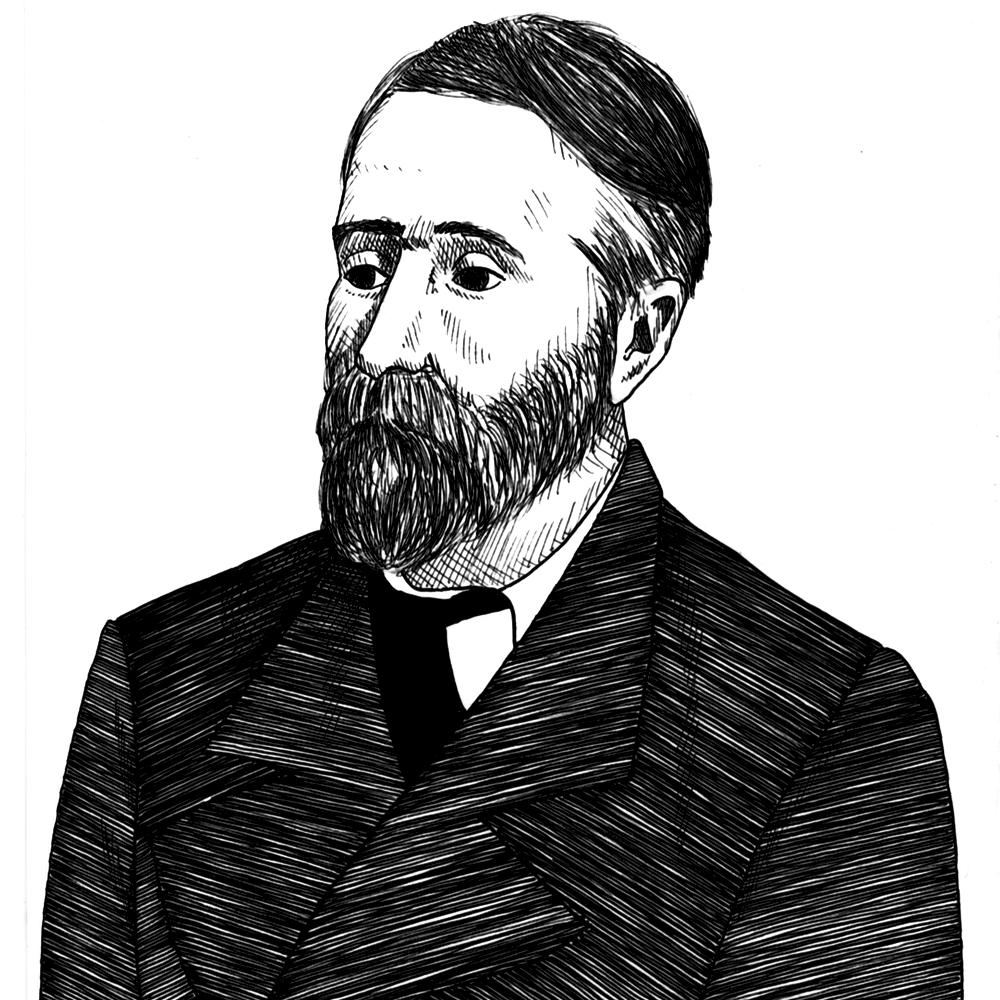
Auberon Herbert on compulsory taxation as the “citadel” of state power (1885)
Found in: The Right and Wrong of Compulsion by the State and Other Essays (1978 ed.)
The English radical individualist Auberon Herbert (1838-1906) argued that not only was the compulsory taking of other people’s property a violation of their natural rights but it was the “inner keep” or “citadel” of the modern state:
Property Rights
There can be no true condition of rest in society, there can be no perfect friendliness amongst men who differ in opinions, as long as either you or I can use our neighbor and his resources for the furtherance of our ideas and against his own. The present power to levy taxes compulsorily seems to me the inner keep, the citadel of the whole question of liberty; and until that stronghold is leveled to the ground, I do not think that men will ever clearly realize that to compel any human being to act against his own convictions is essentially a violation of the moral order, a cause of human unrest, and a grievous misdirection of human effort. Of the immediate ill effects, of the waste, of the extravagance, of the jobbery, that are all born of the compulsory taking of taxes, I will not speak here. The first and greatest question is whether to help oneself to one’s neighbor’s property by force is or is not morally right.